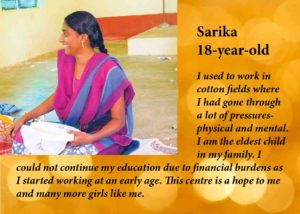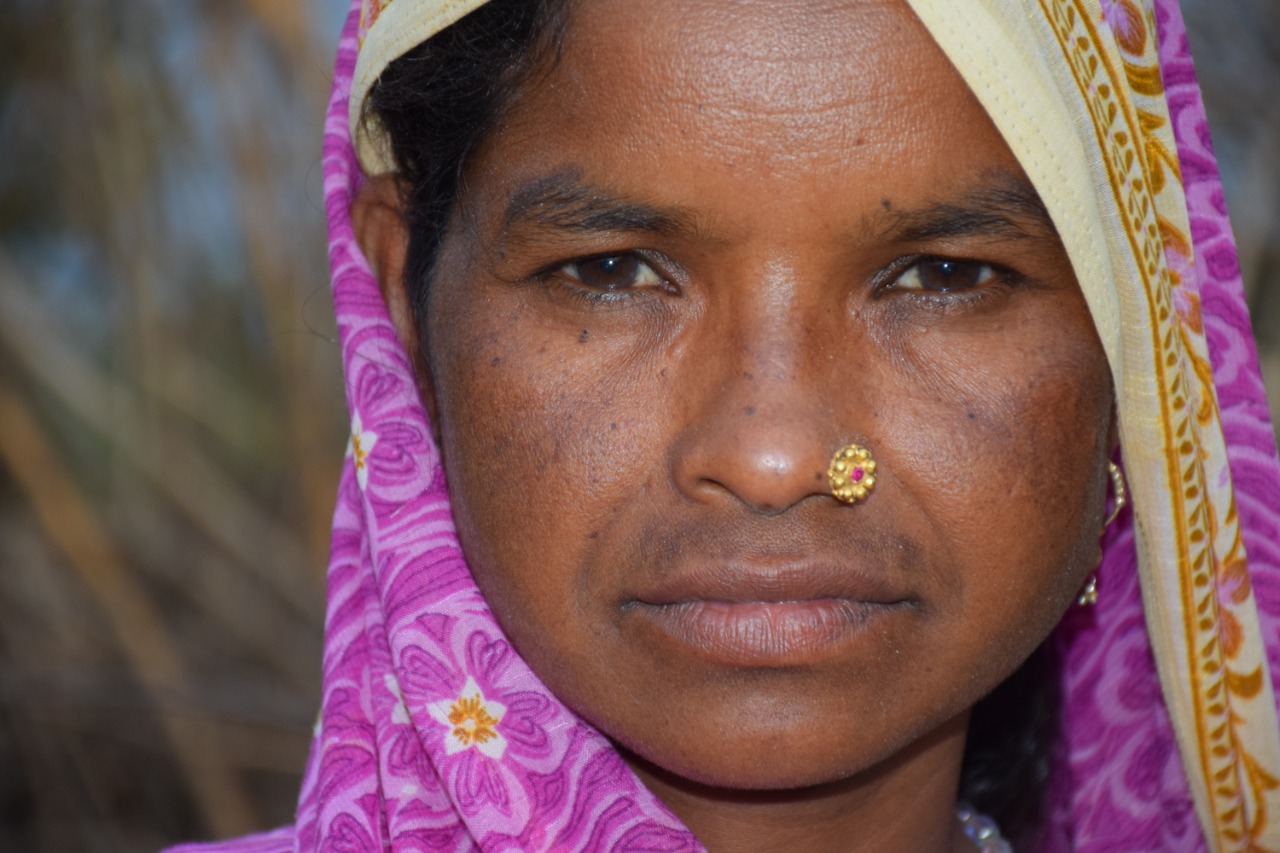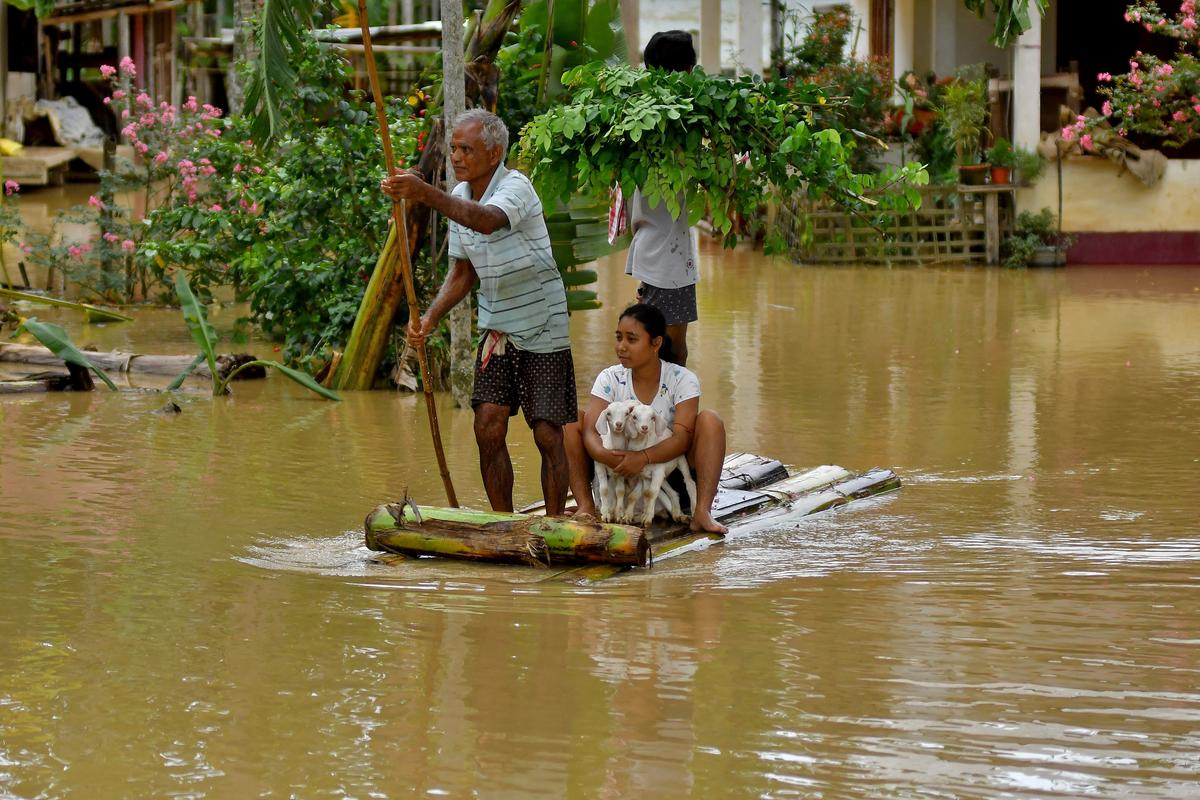CASA BLOGS

Having missed formal education, these young women have vocational skills on their minds
Formal education may either not be available or may be of such poor quality that children lack interest and drop out of school, with insufficient education depriving many young people in rural areas from acquiring basic skills. Focus on vocational training for adolescents and youths – who are in or vulnerable to child labour – will help them develop newer work skills and enhance employability with dignity.

With a majority of child labourers not able to pursue education, a few – however – dream of re-starting a more dignified life after having left one in the race for a stable financial life. For those, CASA gives them an opportunity like vocational skill training centres and computer training centres Tamil Nadu and Andhra Pradesh.
13-year-old Mary started working in the chilly field and cotton field before coming to this CASA Skill Training Centre in Chithapur village of Chhattrai Mandal district in Andhra Pradesh.
In the summer season, she would go with her family to pluck and collect mangos to earn a daily wage of around Rs 120. Belonging to a landless agricultural labourer family, the daily wage for her parents proved to be insufficient to support their daily needs.
It has been 4 months that she is coming to this centre to learn tailoring and embroidery. “I have a lot of faith in this art. I feel I can liberate myself from the exhaustive labour works in the fields by concentrating on this form of art,” she says.
For her, the more joyous part is not the income coming out of the profession, but the joy to “sit under shade, comfort” and practice her skill is what “calms her mind.”
CASA believes in making women financially independent by imparting vocational training like embroidery, fabric painting and tailoring so that they can find jobs based on their skills and escape the cycle of poverty.
Written and Drafted by: CASA Communications Team
 Previous Blog Post The World is changing, And so are Women in India’s hinterland
Previous Blog Post The World is changing, And so are Women in India’s hinterland Where Will Climate Refugees Go?
Where Will Climate Refugees Go?Featured Post

Mental Health Awareness in India: Addressing Key Challenges
8 Nov 2024
Mental health awareness is crucial in India, where millions silently struggle with mental health disorders, including depression, anxiety, and bipolar disorder. Despite growing recognition, India faces unique challenges in effectively addressing mental health issues. The stigma associated with mental illness remains a primary barrier. In Indian society, mental health issues are often misunderstood, leading to […]

Ensuring Girls’ Safety in India: A Path Toward Empowerment
20 Aug 2024
Girls’ safety in India remains a critical issue that has garnered increasing attention over the years. Despite various reforms and efforts from both government and civil society, challenges persist. From street harassment to domestic violence, gender-based discrimination continues to limit the freedom and safety of girls. While significant progress has been made in addressing these […]

The Connection Between Monsoons and Floods in India: An In-Depth Analysis
9 Jul 2024
India, a land of diverse climates and geographical features, relies heavily on the monsoon season for its agricultural and water resources. However, with the benefits of the monsoon rains come significant challenges, particularly in the form of floods. This blog explores the intricate relationship between the monsoon season and flooding in India, providing detailed insights […]


